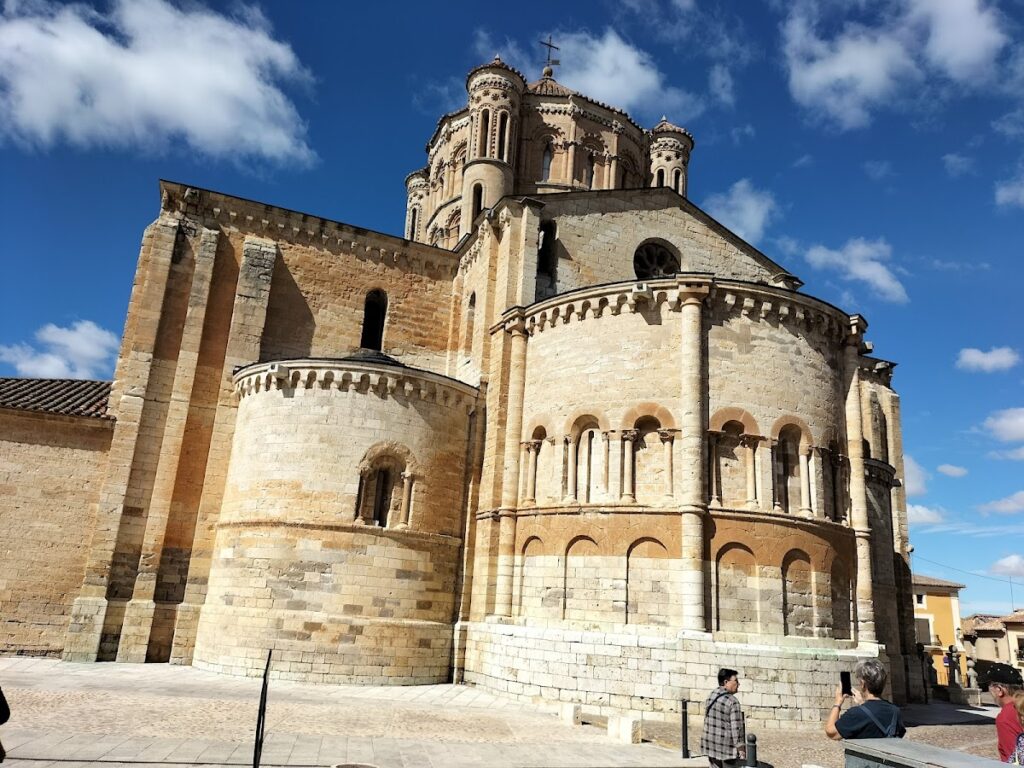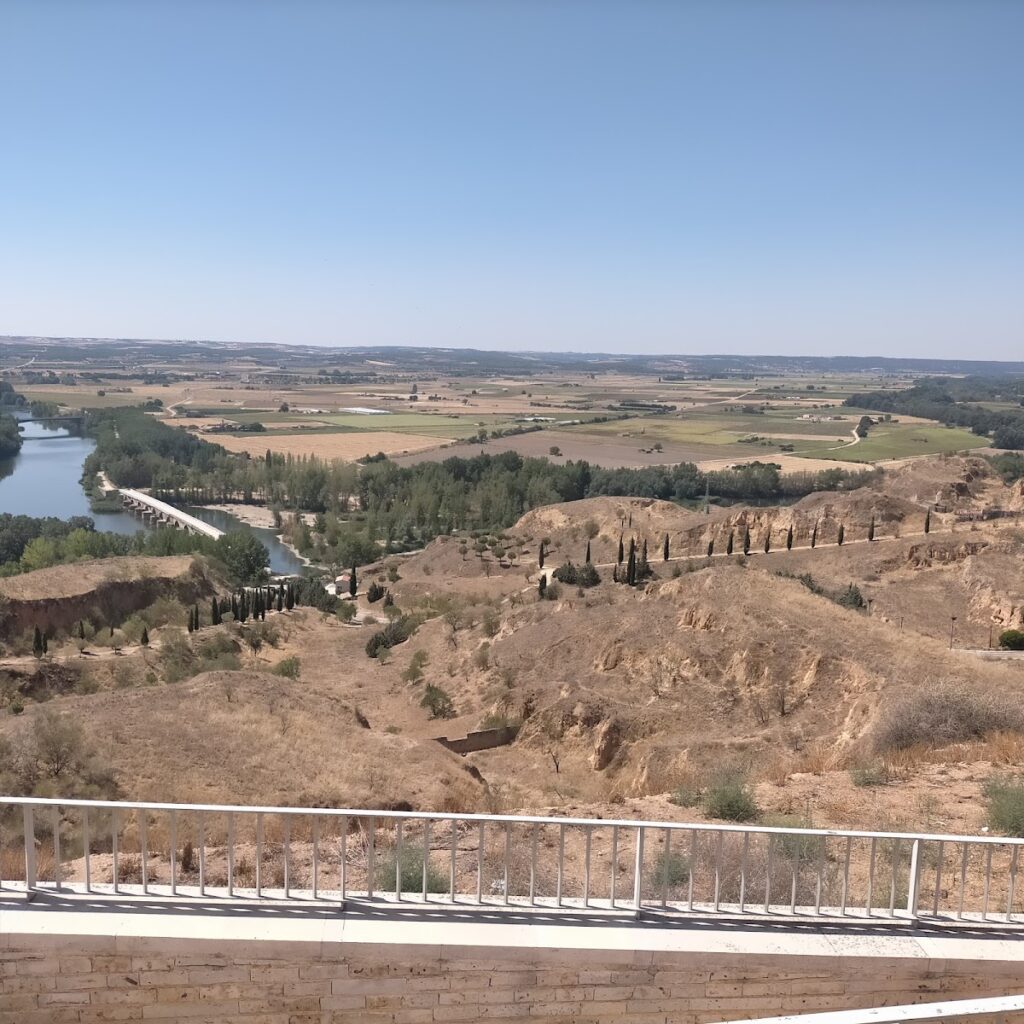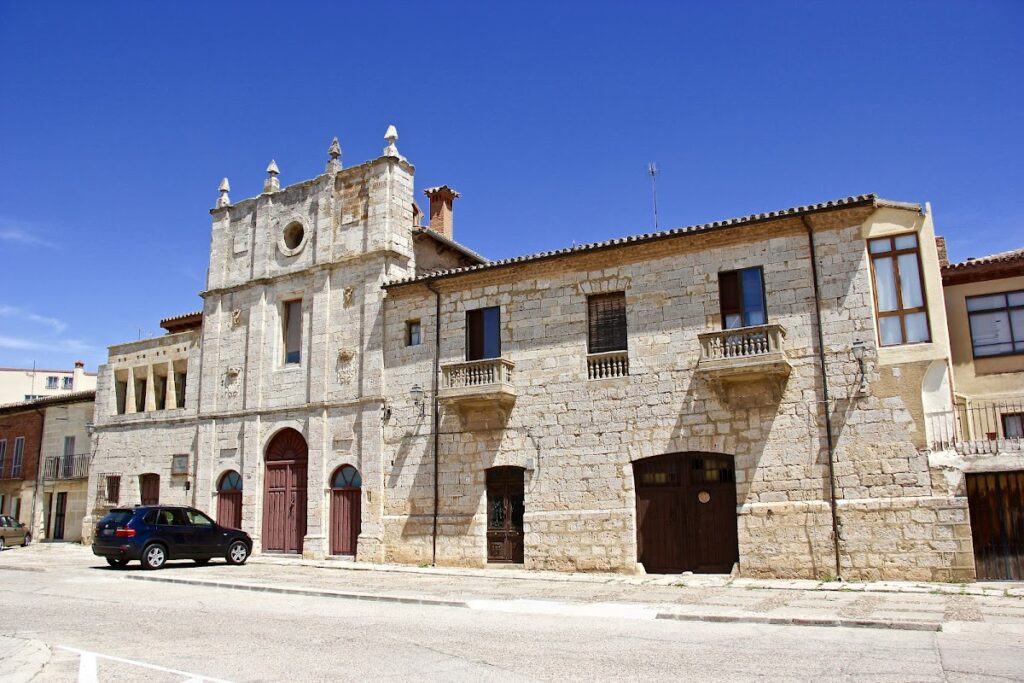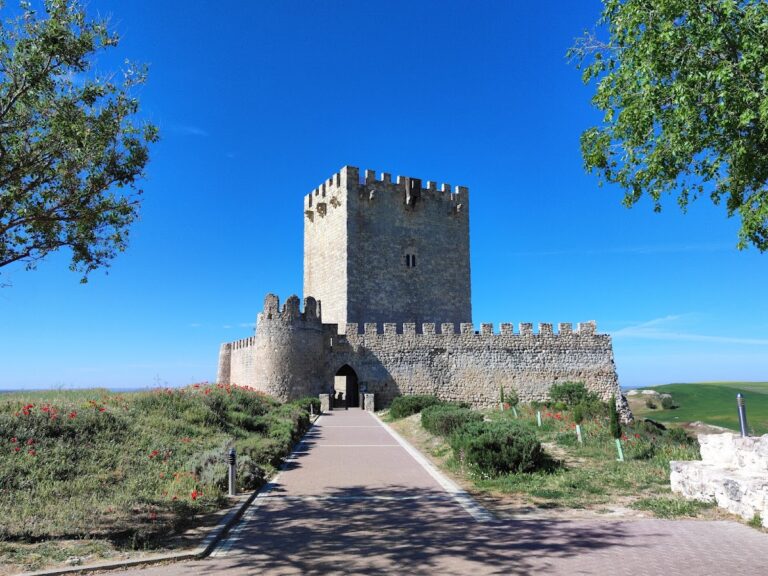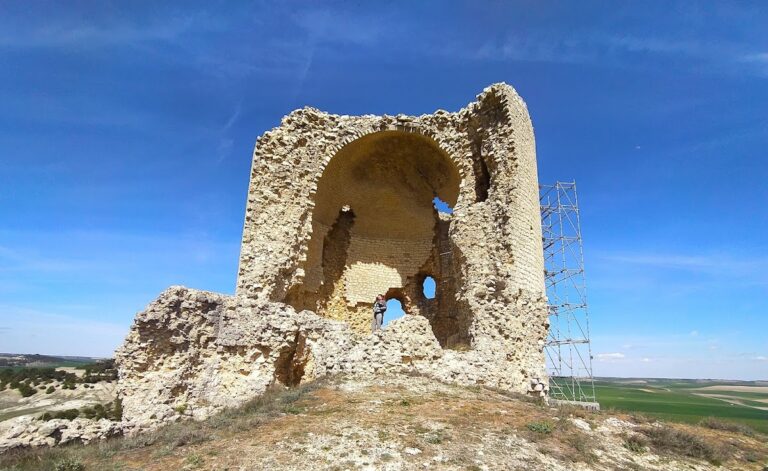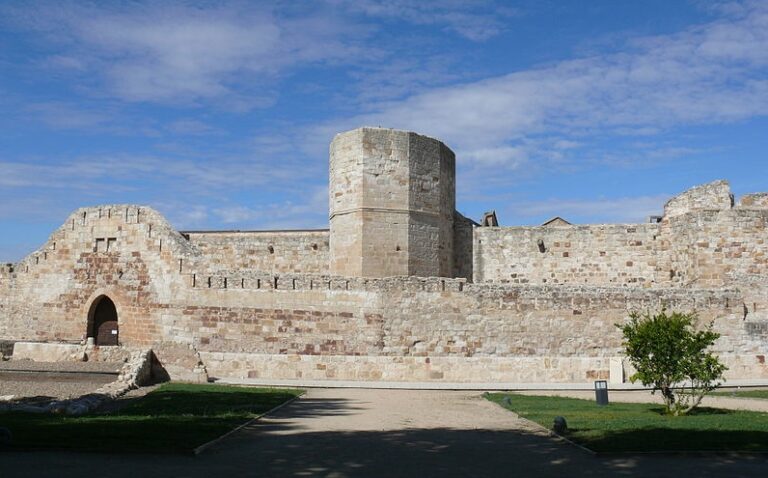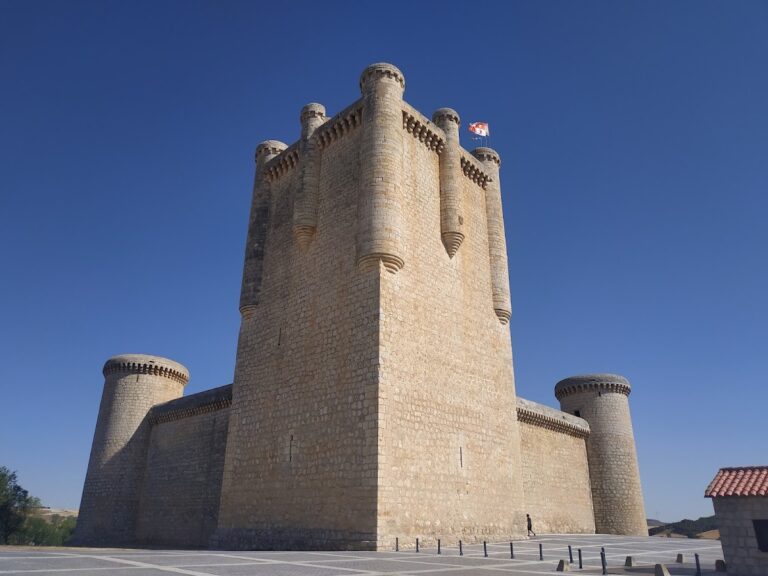Alcázar de Toro: A Historic Fortress in Toro, Spain
Visitor Information
Google Rating: 4.3
Popularity: Low
Google Maps: View on Google Maps
Official Website: www.turismocastillayleon.com
Country: Spain
Civilization: Unclassified
Remains: Military
History
The Alcázar de Toro is a fortress constructed during the 10th century in the town of Toro, Spain. This stronghold was built by the Christian kingdoms during the Reconquista, positioned strategically on a high rocky outcrop overlooking the Duero River to control the area and defend the settlement.
In the Middle Ages, the fortress became an integral part of Toro’s defensive walls, serving both military and residential purposes. It was used as a royal residence by prominent monarchs, including the Catholic Monarchs, Ferdinand and Isabella, as well as King Juan II of Castile. King Juan II stayed at the Alcázar when attending the Cortes, the parliamentary assemblies of the kingdom. The fortress is historically noted for a grim event in 1356 when King Pedro I of Castile ordered the massacre of nobles accompanying Queen María de Portugal within its walls, an incident recorded by chronicler Pedro López de Ayala.
The Alcázar also played a role in the Castilian Succession War, particularly during the 1476 Battle of Toro, an important conflict that influenced the future unity of Spain under the Catholic Monarchs. By the 16th century, the fortress ceased to function as a royal residence, entering a period of gradual decline in its military and administrative relevance.
In the 20th century, the Alcázar gained recognition for its cultural importance, being declared a Historic-Artistic Monument in 1931. Later, during the Spanish Civil War in 1936, it was repurposed by the rebel forces as a detention facility, holding more than two hundred Republican prisoners. This use reflects the fortress’s ongoing strategic value even in modern conflicts.
Remains
The Alcázar de Toro is built on a raised, rocky plateau near the Duero River, with a square layout that was typical for defensive fortresses in the medieval period. It is part of the city’s overall fortifications and stands out due to its commanding elevation, which provided a vantage point over the surrounding landscape for defense and surveillance.
The fortress is enclosed by stout defensive walls, reinforced by seven towers arranged to maximize protection. Among these, the keep tower—known as the torreón de homenaje—served as the main stronghold within the fortress, likely acting as the last line of defense and a residence for the commanding authority. Over time, the Alcázar underwent multiple reconstructions. These interventions altered parts of its original 10th-century form, giving the building a more modern appearance compared to its early medieval origins.
Photographic evidence shows that the fortress’s walls and towers have been preserved to a significant extent. The surviving structures stand as reminders of its lengthy history, although specific decorative or inscriptive elements have not been detailed in historical records. The Alcázar’s enduring walls and fortified towers continue to embody its past function as a royal residence and military bastion guarding Toro through centuries of conflict.

